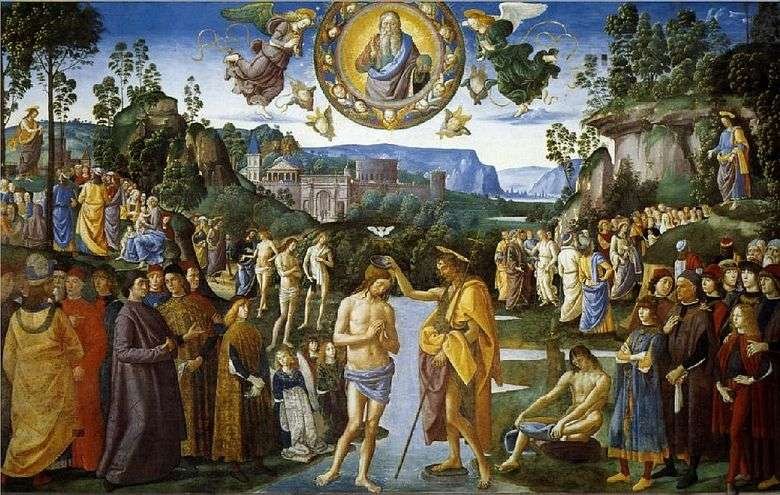
Welcome
Everyone welcome,
no exceptions

Everyone welcome,
no exceptions
Holy Spirit Clapham uses ChurchSuite. ChurchSuite is designed specifically for churches with the potential to draw us closer as a community and make us more effective than ever in our mission work together.
